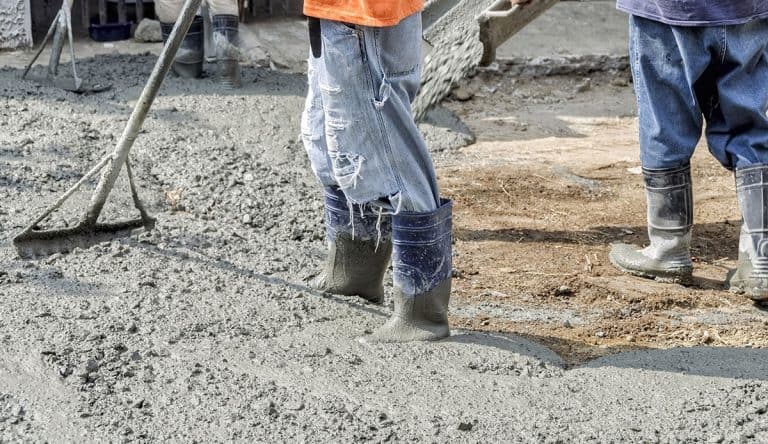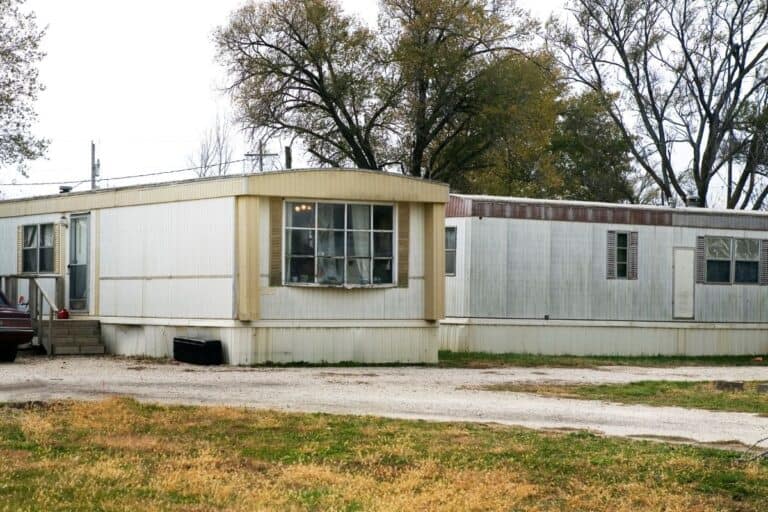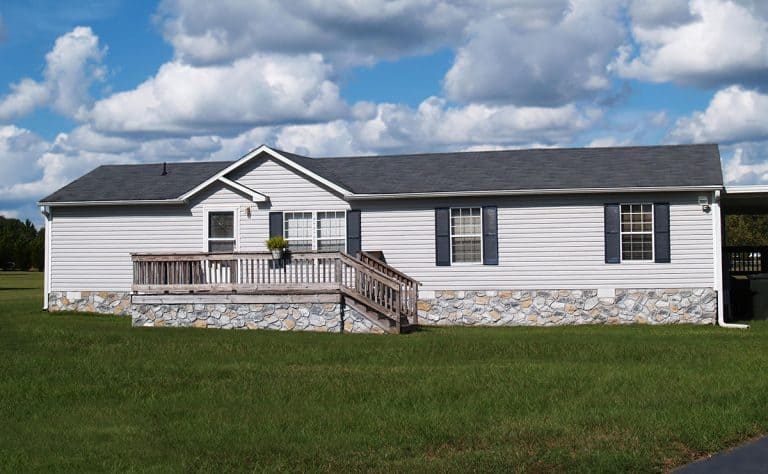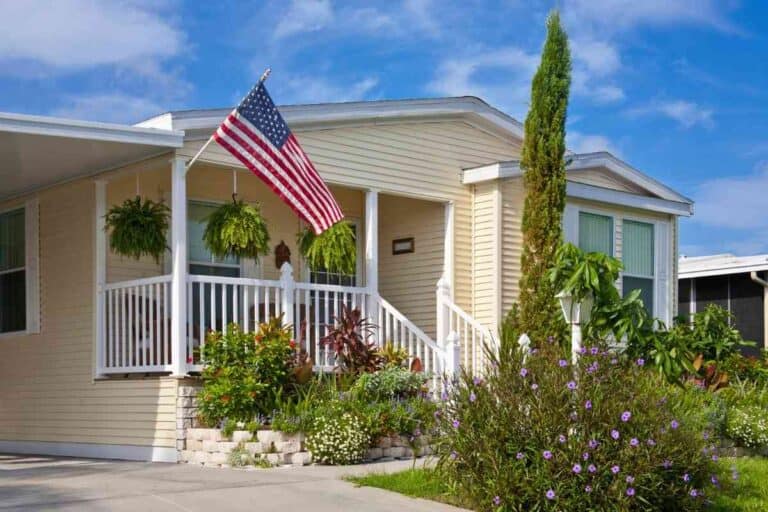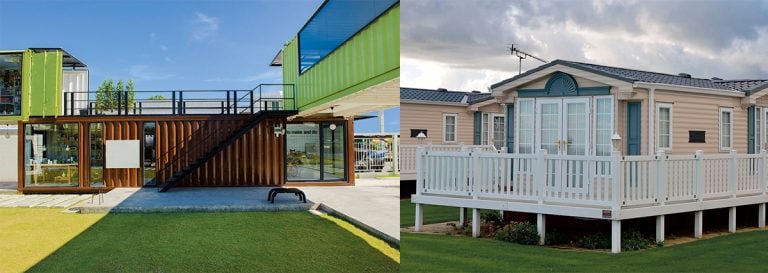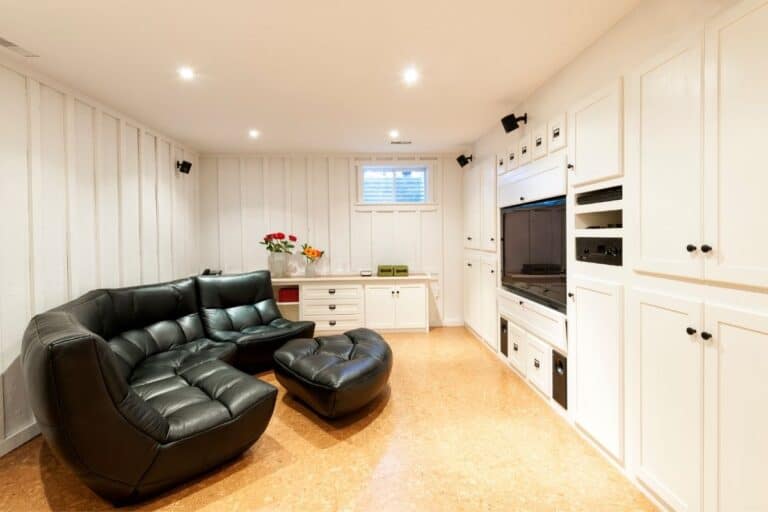Can You Put Two Mobile Homes on One Lot?
Mobile homes are known for their compact size and affordable prices, making it a choice living for many modern families. However, many people are now wondering if they could have more than one mobile home in a single lot. So, what are the rules surrounding the style of mobile home living, and can you put two mobile homes on one lot?
Typically, you can put two mobile homes on the same lot as there are no national restrictions on the number of mobile homes per lot. Generally, you should be able to place between 5 to 9 mobile homes per acre of land, although this may vary from state to state. It’s always best for you to check in with your local council when you’re in doubt.
However, before you decide to build more than one mobile home on your lot, it’s important to note that there are numerous rules and regulations you must adhere to. Below, we’ll discuss some of the must-know rules.
What to Know If You Want to Put Two Mobile Homes on One Lot
There are a few reasons why someone would look to put two mobile homes on the same lot. Whether it’s to save money or build a new communal living, it’s important to know that some rules and regulations could hinder your plans. Here are some tips on how you can plan before you order the second mobile home or start pouring a concrete foundation.
Get the Right Approvals
It’s important to first receive the right approvals. Having approved paperwork in hand while you’re building will save you a lot of headache in the long run, as you’ll run into trouble with the law otherwise.
To apply to build two mobile homes on one lot, you will first have to visit your local council to consult them on the rules and regulations. Do note that the rules can vary from area to area, with some councils noting that you will need a large space between the two homes before you can get approved.
Other councils, on the other hand, may disapprove of your plans. This is common in areas where the image of the neighborhood is often taken into consideration, so councils will have stricter reinforcement on how they want the area to look.
You may also ask your neighbors if they have encountered such an issue. Of course, a permit will still be required from the council, but you should have a better idea of how to get your request approved if your neighbors have successfully done a similar project.
Resolving Zoning Issues
Once you’ve got the permission to have two mobile homes on one lot, you’ll then want to study further into zoning issues. Much of this has to do with the government regulations rather than council approvals, so you’ll have to look at zoning issues more seriously.
Zoning issues include issues like getting the right amenities to work in respective mobile homes. As such, you’ll want to ensure you can resolve the zoning issues to have electricity and clean water supply in respective homes. Zoning ensures that the electricity lines don’t get overloaded, which is important for the neighborhood’s overall quality of life.
Think Ahead If You Want to Resell Your Mobile Homes
Subsequently, you’ll also want to think ahead before you add a second (or third) mobile home. This is as you could face difficulties with selling your units, as not many buyers may want to have two homes on a single lot.
In some cases, you man not recoup the expense through an increased property value, and it may even decline. Thus, you should generally only proceed with this idea if you’re looking to keep the property for a long time or you are comfortable with making a potential loss in the future.
Combining two mobile homes in one lot can also affect the insurance premiums and taxes incurred, so you’ll want to check with your insurance company if adding another mobile home to the same plot is feasible for you.
Building Mobile Homes in Trailer Parks or on Your Own Property
However, these rules may differ for anyone who is running a trailer park. Given that trailer parks seem to gain popularity, let’s see how they’re different from having multiple mobile homes in a private lot.
Building Mobile Homes on Personal Lots
Having your mobile homes on personal lots can offer you a lot of privacy if you’re not keen on having too many neighbors around you. However, putting up mobile homes on a personal lot may mean that you must be responsible for a variety of things such as building permits, zoning requirements, and sorting out utility connections.
Of course, you may also hire professionals who can assist you with these applications, but this would mean you have to fork out the extra costs. As a mobile home owner living on a personal lot, you may also have to seek out your personal septic tank for waste purposes, and this could be a cumbersome task if you’re new to mobile home living.
On the flip side, having your mobile home in a personal lot would also mean you have more freedom in how you want to run your space without being tied down by the rules of a trailer park. Do note that depending on your living style, having a mobile home in a personal lot can be rather fulfilling.
Building Mobile Homes in Trailer Parks
Many people may often opt to build their mobile homes in trailer parks thanks to the convenience offered. With trailer parks, you wouldn’t have to worry about permit approvals or zoning concerns, at the park management will handle that for you. Most trailer parks will also offer to handle the utility connections for you, making your mobile home livable from the moment you move in.
In case you require a septic tank for your mobile home, trailer parks are usually also equipped with them before being open for rental. This makes living in trailer parks much more convenient, as opposed to having to sort out these details in a personal lot.
However, living in trailer parks often means you’ll have to get used to community living. If you’re faced with a neighbor with whom you’re unhappy, it could be difficult for you to enjoy living in a trailer park. While this may feel like a small setback, it could affect your quality of life in the long run.
The cost of renting space on trailer parks may also be a cause for concern. Unlike having your mobile home in your personal lot, you’ll have to fork out monthly space rentals to stay at a mobile park. Other expenditures like utility bills, management fees, and taxes may also add up to a large sum across the years.

